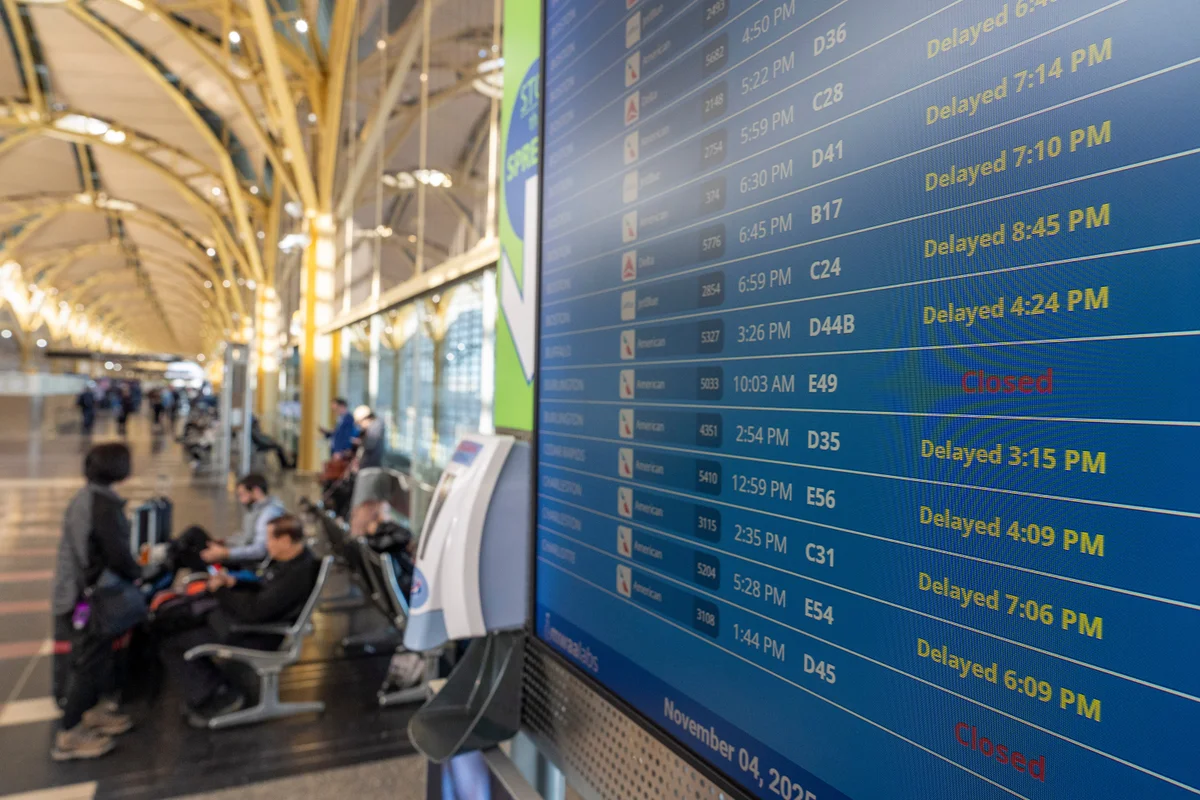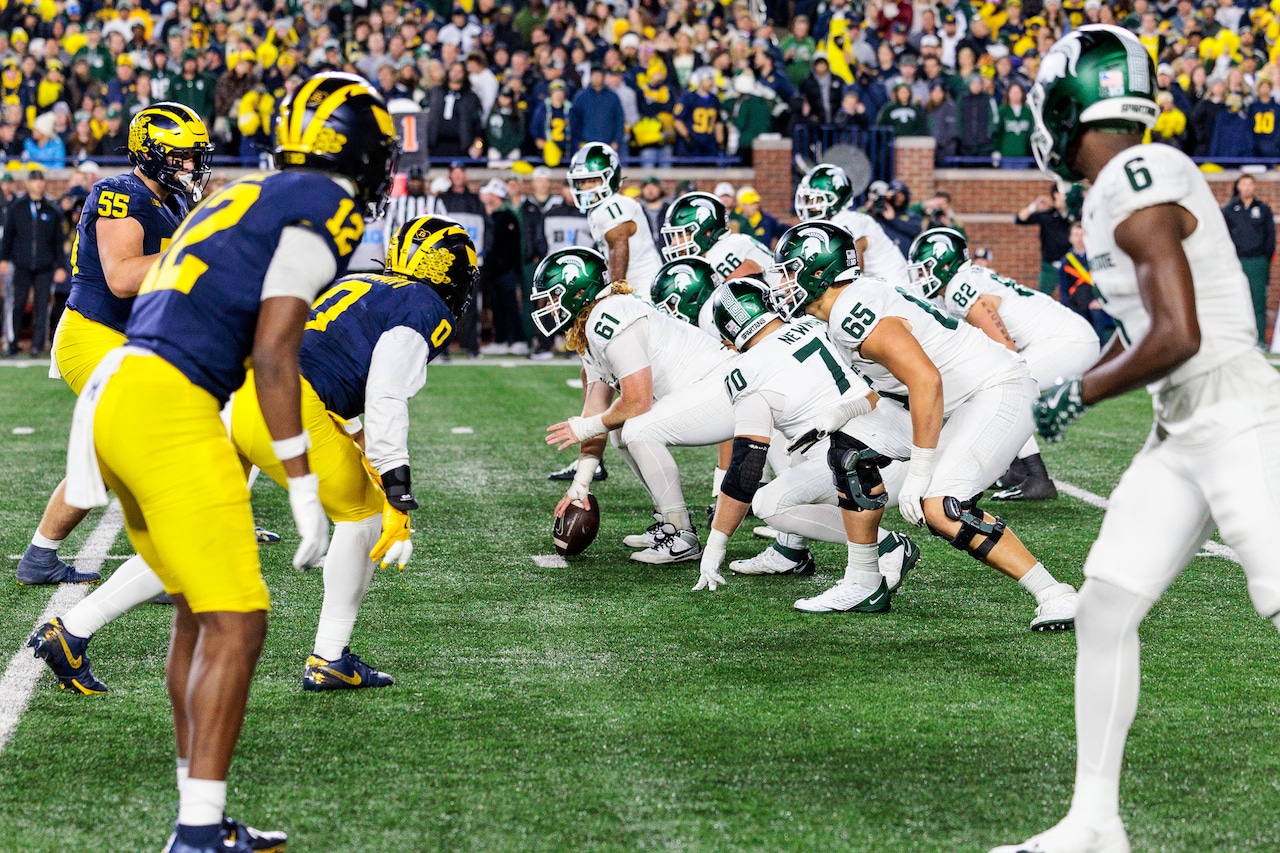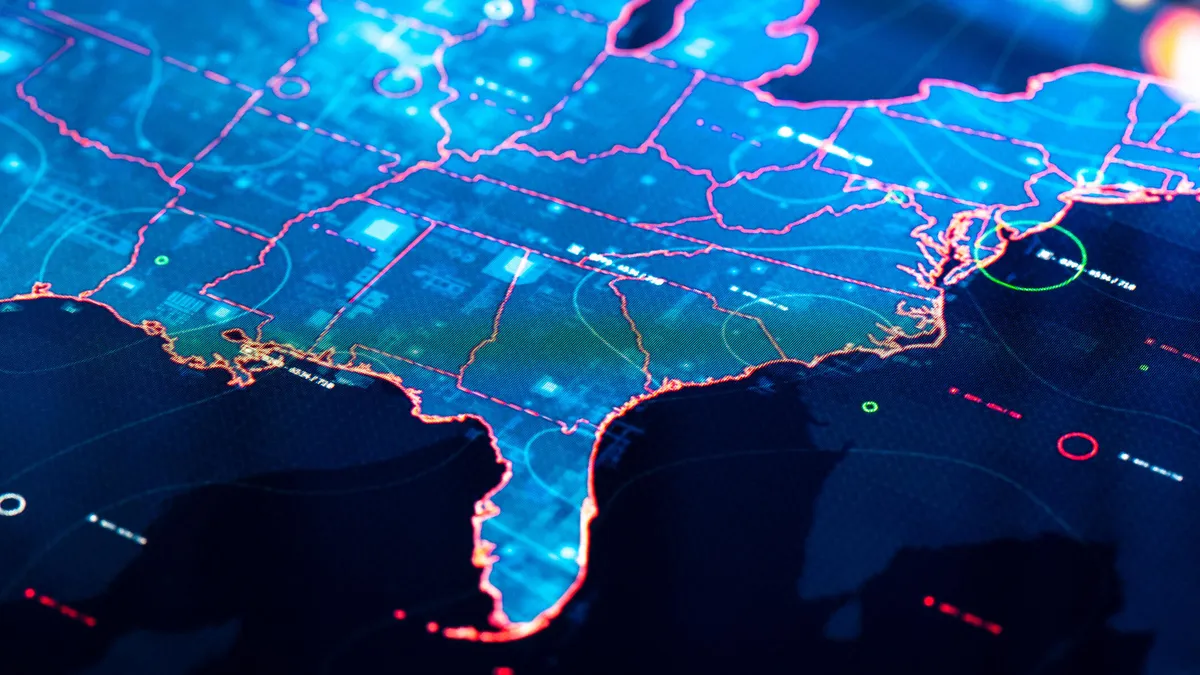Copyright independent

Major airports across the U.S. canceled hundreds of flights Thursday in preparation for massive cuts to air traffic made by the Federal Aviation Administration amid the ongoing and historic government shutdown. By Thursday afternoon there had already been over 150 cancellations within and in and out of the U.S., according to flight-tracking site FlightAware.com. Over 600 flights had already been canceled Friday, the day that the cuts are due to begin. It comes after Transport Secretary Sean Duffy and the FAA announced that 40 of the country’s busiest airports across two dozen states, including New York, Los Angeles and Chicago, would be phasing in a 10 percent reduction in their flight schedules. The disruptions will affect service at many smaller airports, too, and by Thursday some travelers had already begun changing or canceling their itineraries. In a social media post Thursday afternoon, United Airlines reiterated that it was doing “everything we can to minimize disruptions to your travel plans” and was avoiding cancellations for long-haul international flights. The airline will eliminate 4 percent of its flights at the designated airports Friday, before working up to the FAA’s proposed 10 percent, sources told The Associated Press. “Hub-to-hub flights” operating between seven airports, Chicago O'Hare, Denver, Houston, Los Angeles, Newark, San Francisco and Washington Dulles, would also not be affected, United said. American Airlines said that while flights scheduled for Thursday would go ahead as planned it was still awaiting further information from the FAA as to how its flights would be affected from Friday. Delta said it expected the majority of its flights to operate as planned. “We are providing additional flexibility to all of our customers during the impacted travel period to change, cancel or refund their flights, including our basic economy fares, without penalty,” the airline added. In its own social media post, Alaska Air apologized to customers for the “unexpected” delays but said that international travelers would not be affected and that cancellations would only occur on routes with a high volume of flights. “We remain grateful to every air traffic controller and TSA or CBP officer who is working without pay to keep air travel functioning safely. We continue to strongly urge our federal leaders to reach an immediate resolution and end the shutdown,” the airline said. At a press conference Wednesday, Duffy said the decision to slash schedules was paramount for safe air travel amid pressure on air traffic controllers, who “are under immense stress and fatigue.” Per the Transportation Secretary, the country’s “Core 30” airports are set to be affected, which include Atlanta’s Hartsfield-Jackson International, the busiest airport in the country, Boston Logan International, Chicago O’Hare International, Ronald Reagan Washington National, Newark Liberty International, New York John F Kennedy, Los Angeles International and Seattle Tacoma International. Duffy said the decision “had not been taken lightly” ahead of the busy Thanksgiving and Christmas holiday travel season. Travel experts predict hundreds, if not thousands, of flights could be canceled. The cuts could represent as many as 1,800 flights and upwards of 268,000 seats combined, according to an estimate by aviation analytics firm Cirium. Duffy said the agency was confronting staffing shortages caused by air traffic controllers, who are working unpaid, with some calling out of work during the shutdown, resulting in delays across the country. The air traffic controllers are also not being paid while the government remains shut down. The shutdown, now in its 36th day and the longest in U.S. history, has forced 13,000 air traffic controllers and 50,000 TSA officers to work without pay and affected tens of thousands of flights so far, according to Reuters. Duffy also hit back at accusations that flights were being cut for “leverage” as the pressure is mounting on Republicans and Democrats to hammer out a deal to end the shutdown. “Let me be clear: this isn’t about “leverage” — it’s about the safety of the flying public,” Duffy said Thursday in a post on X. Other Republicans however, including Vice President JD Vance, continued to lay the blame for the shutdown and subsequent “aviation emergency”squarely at the feet of the Democrats. Additional reporting from agencies



